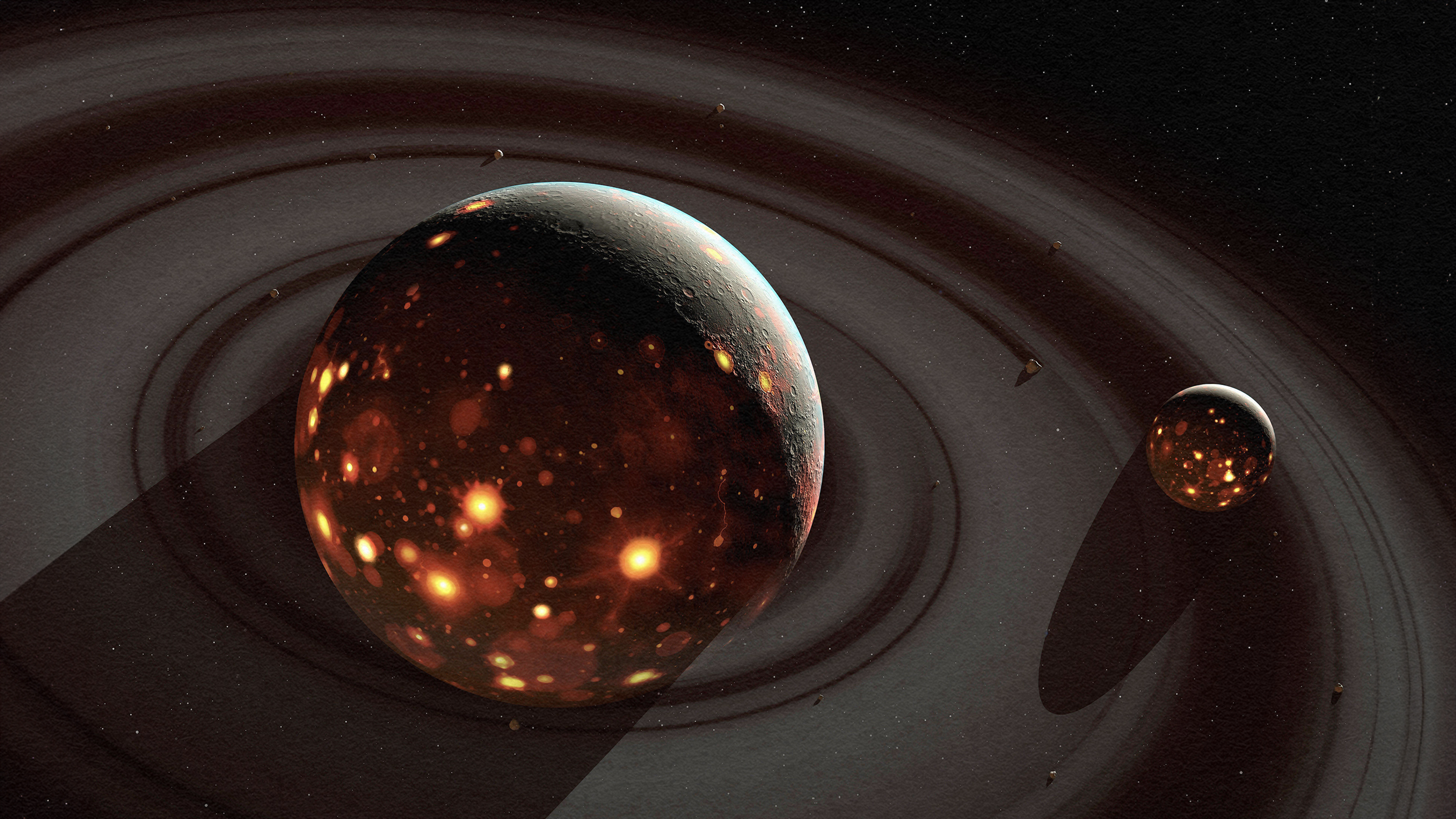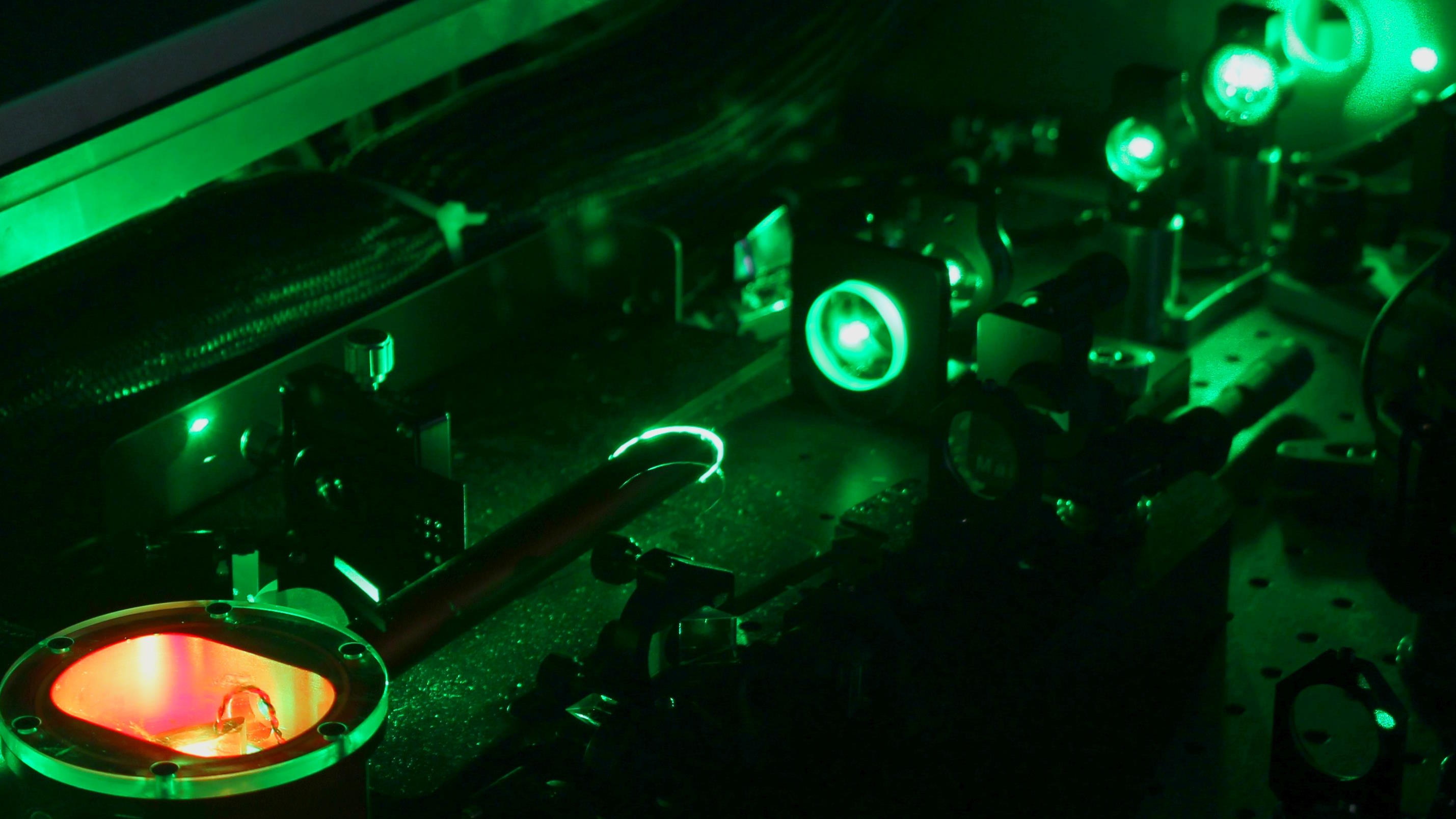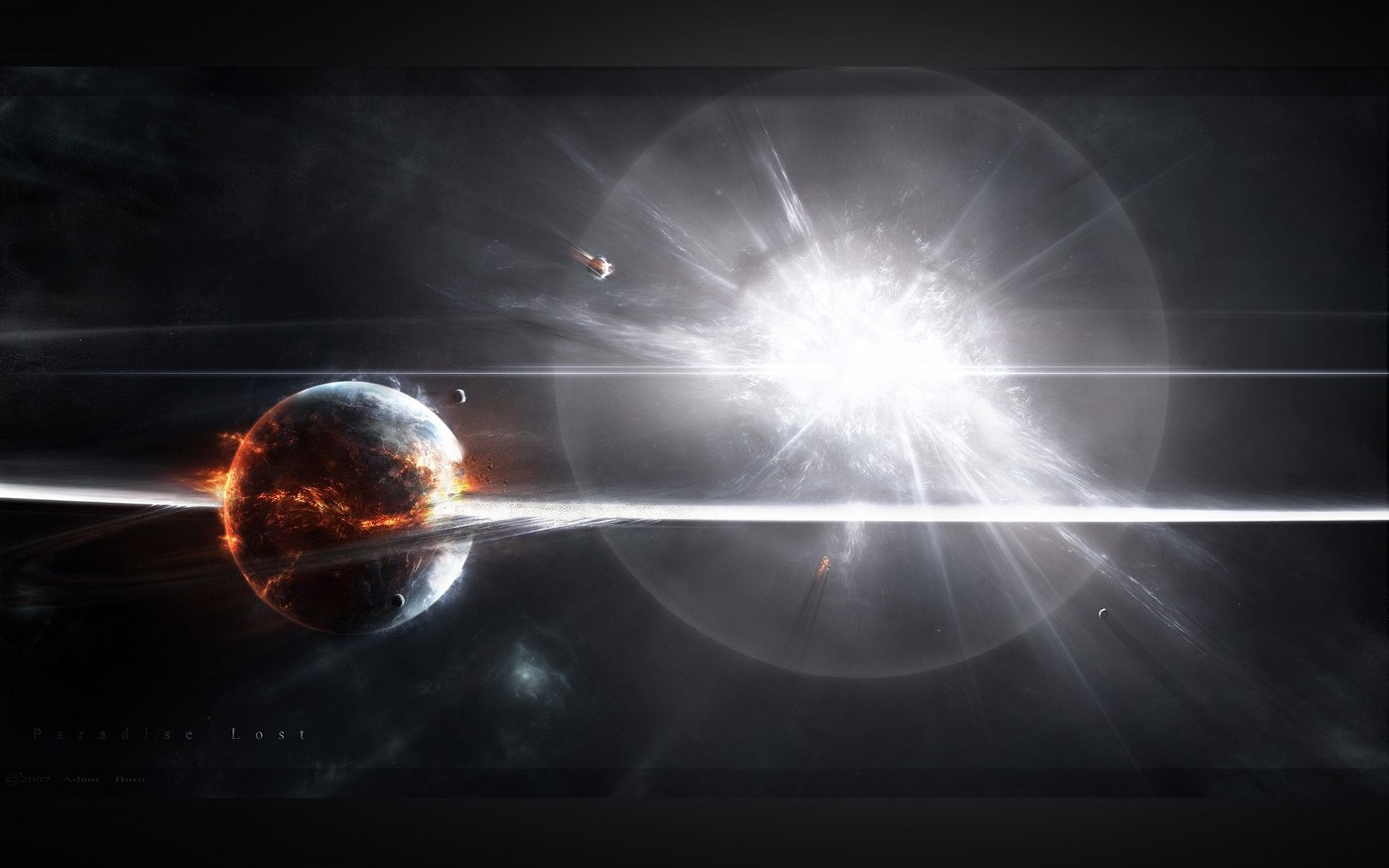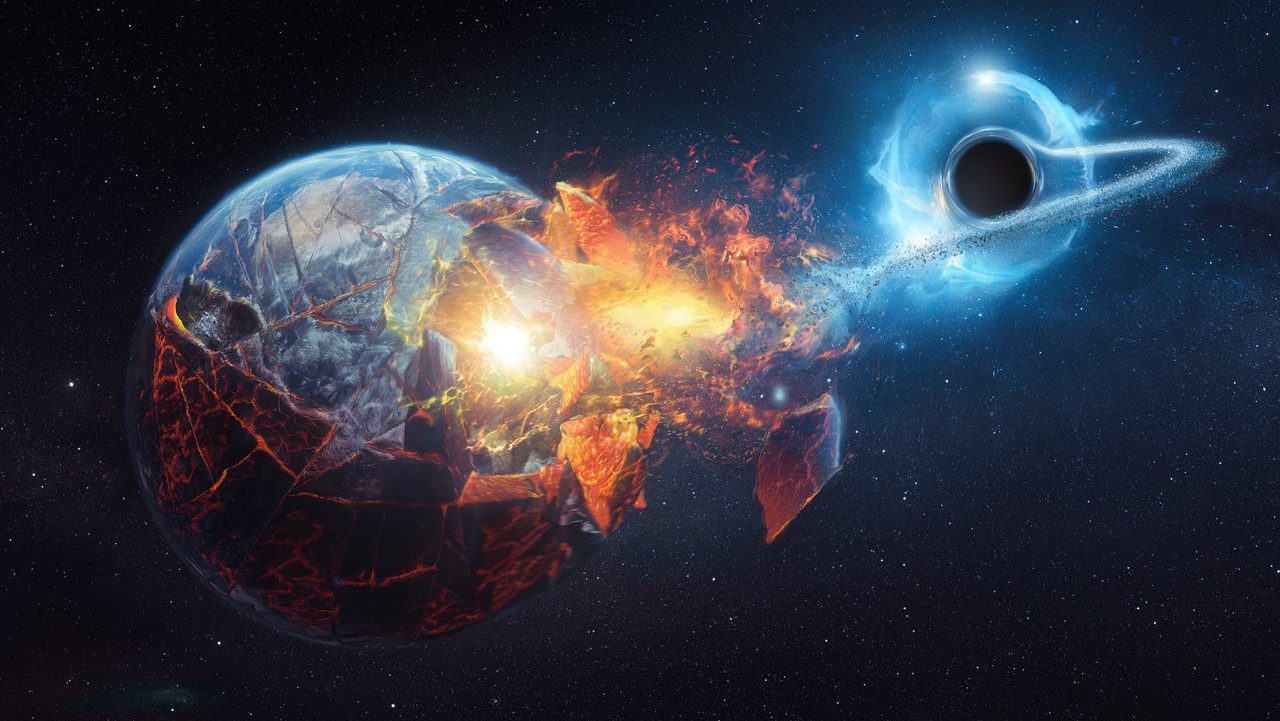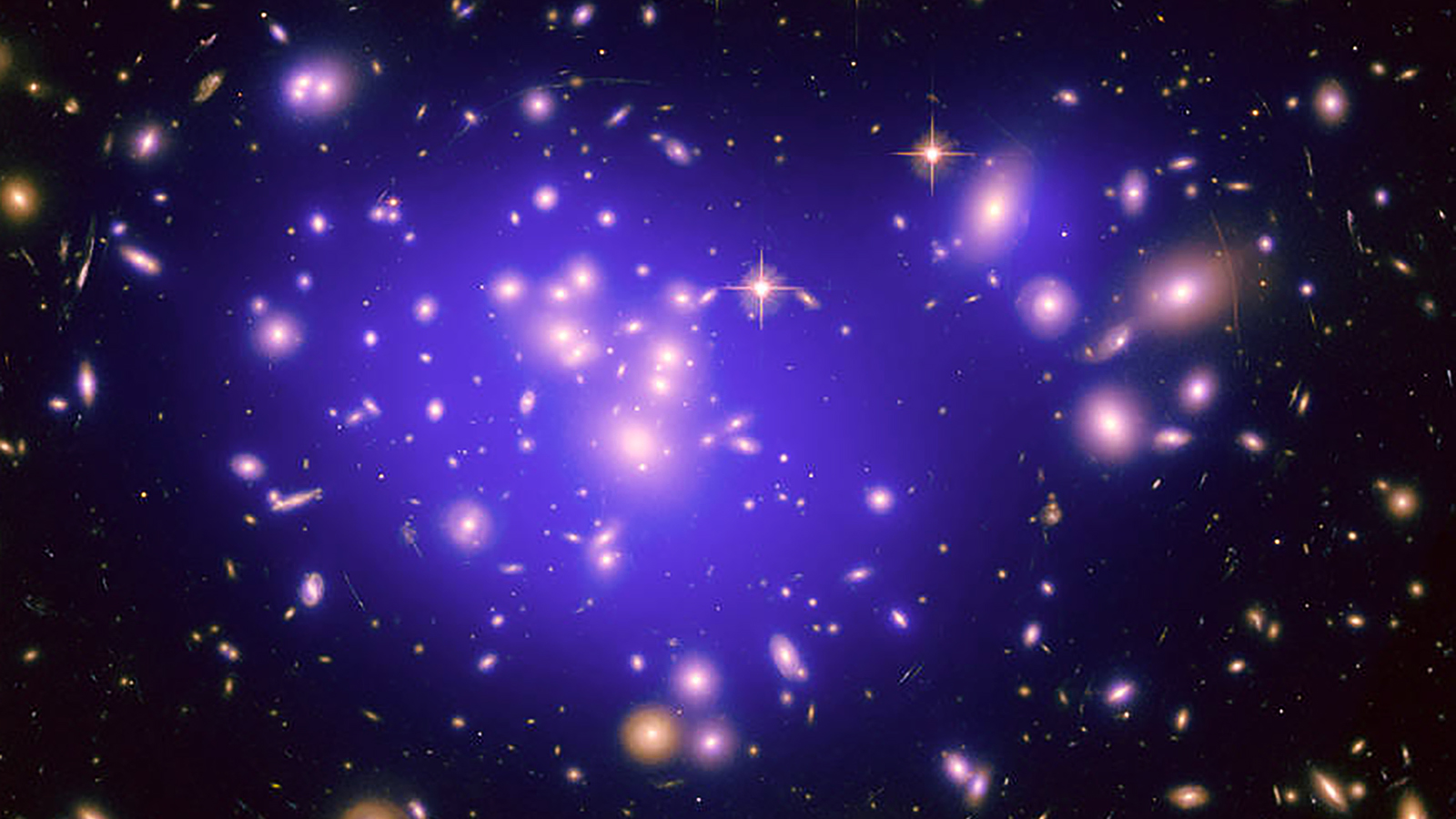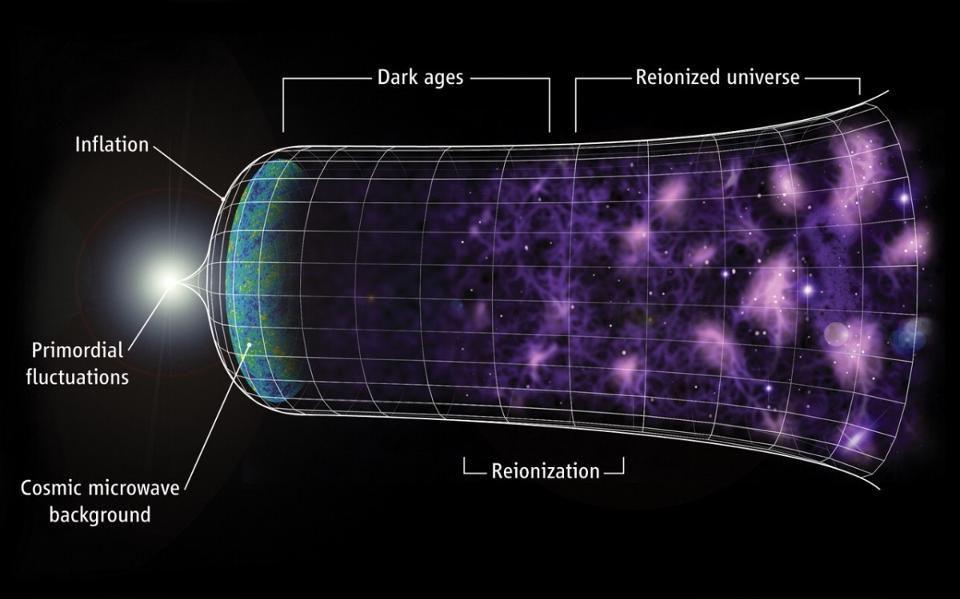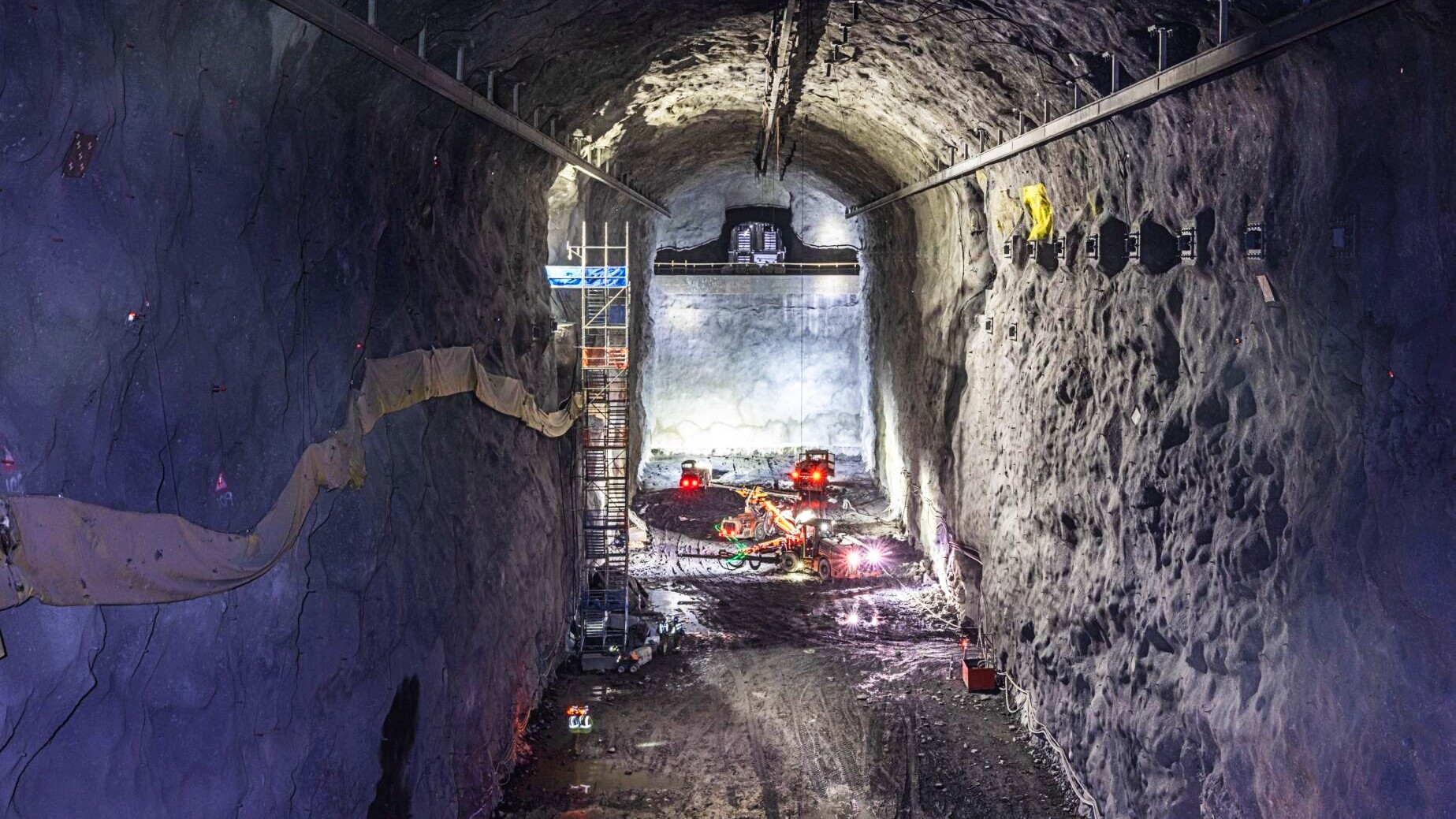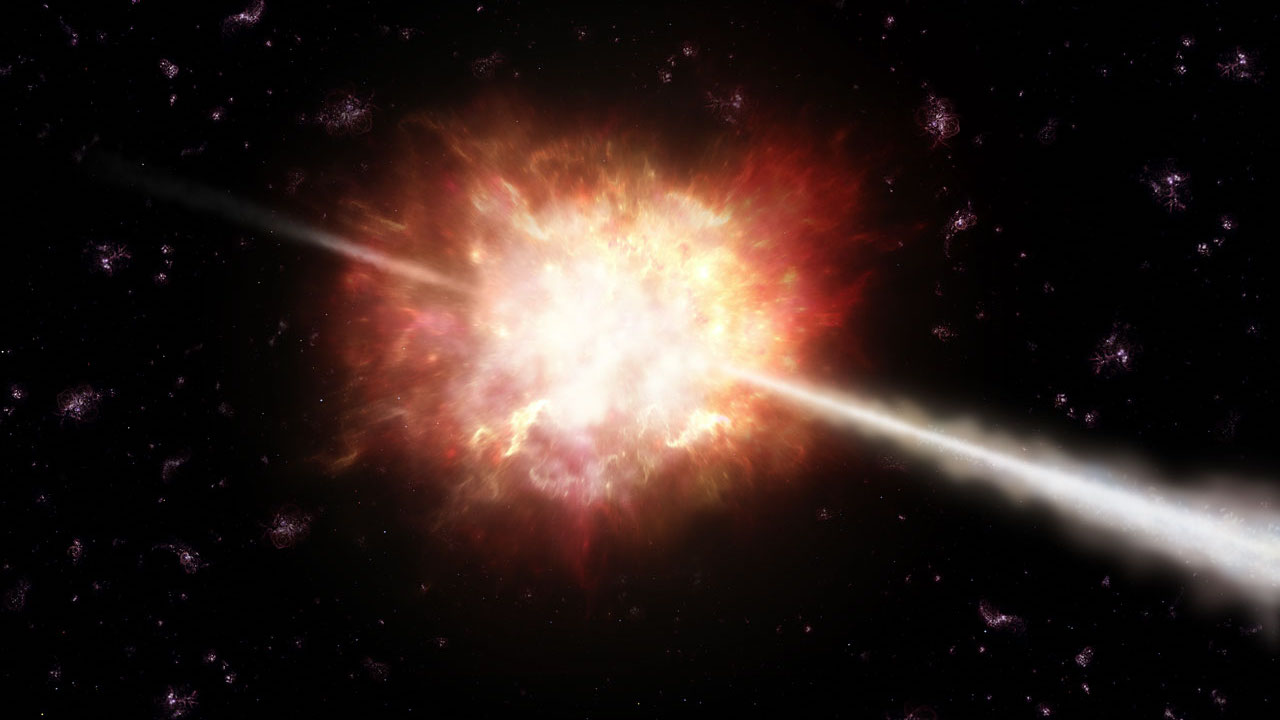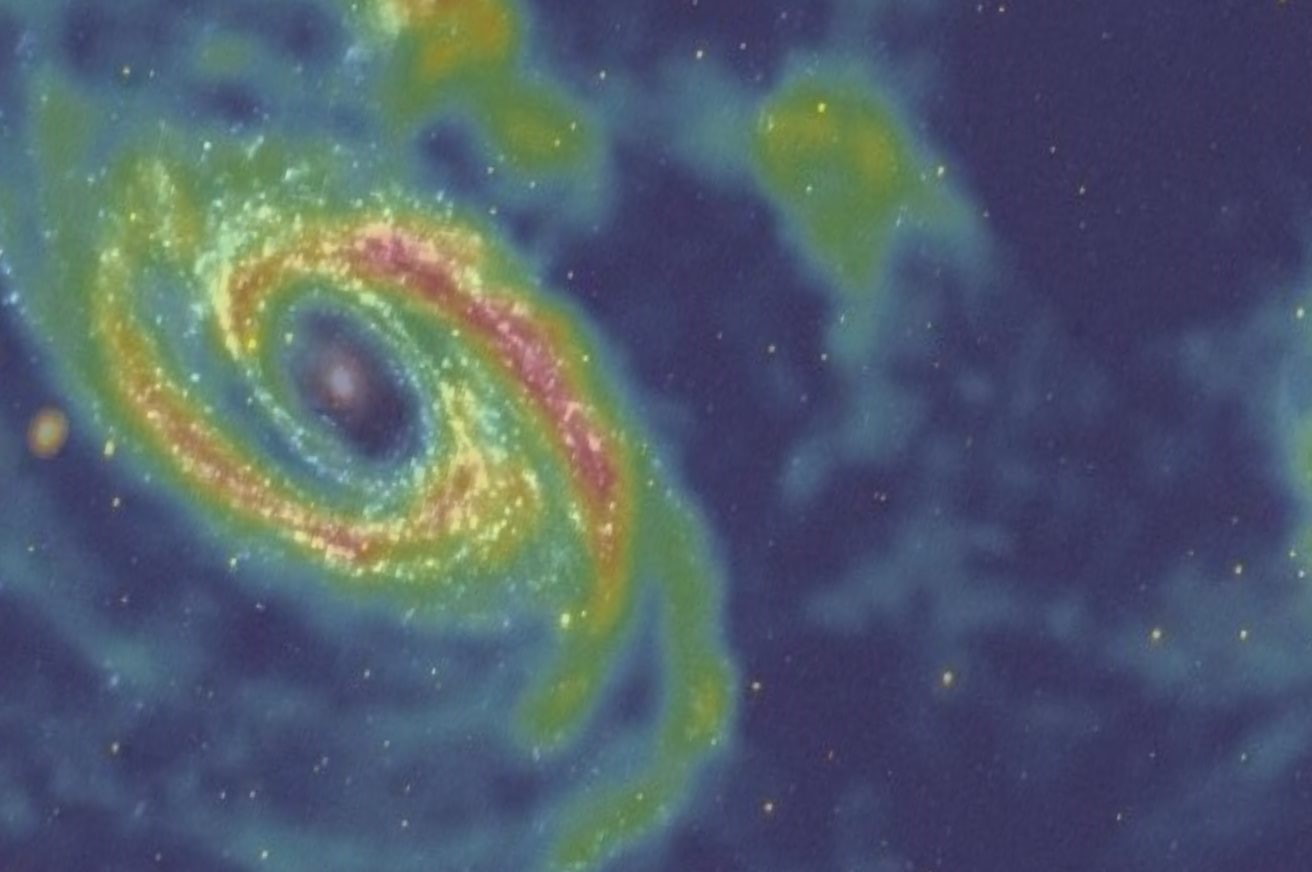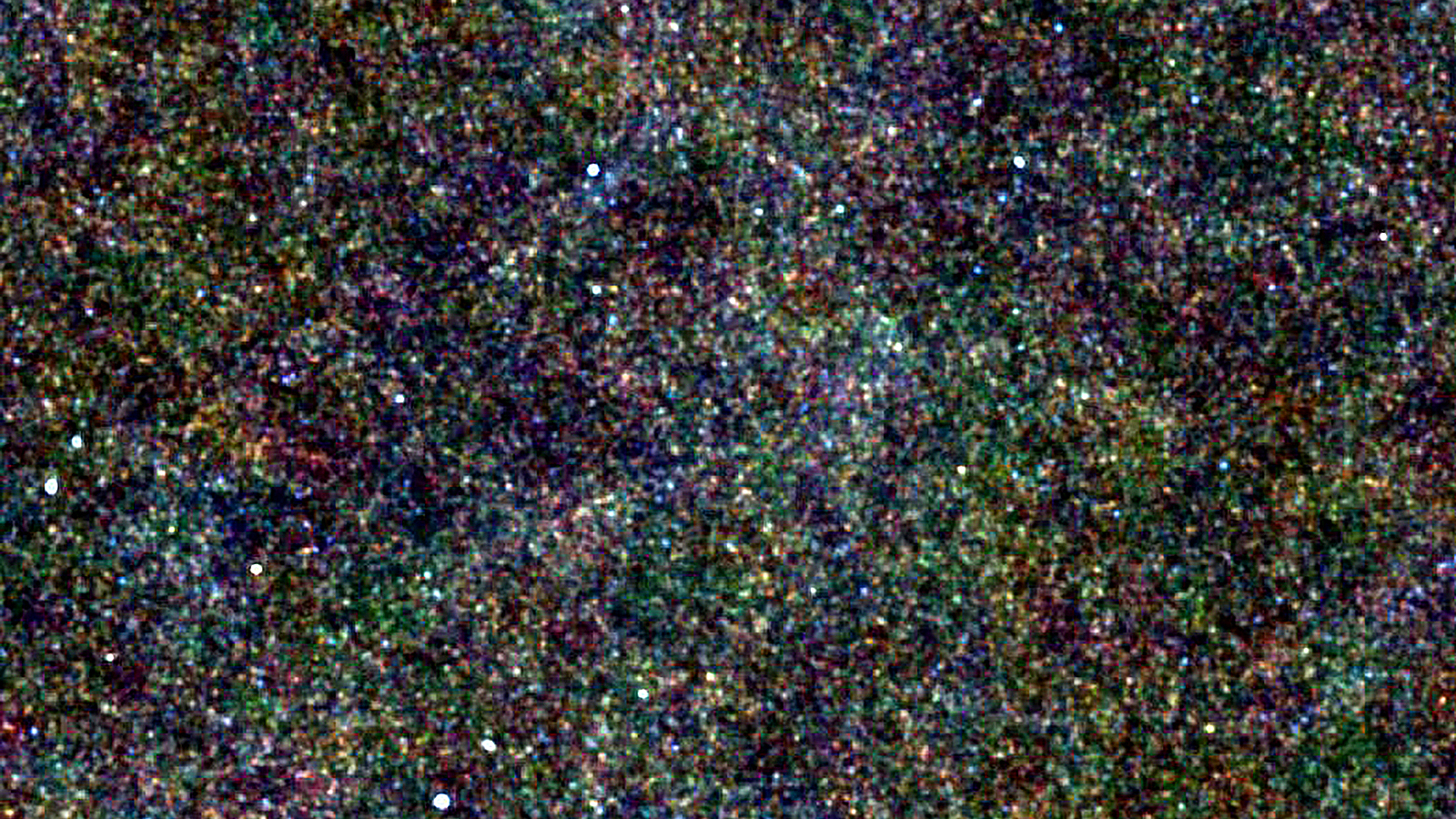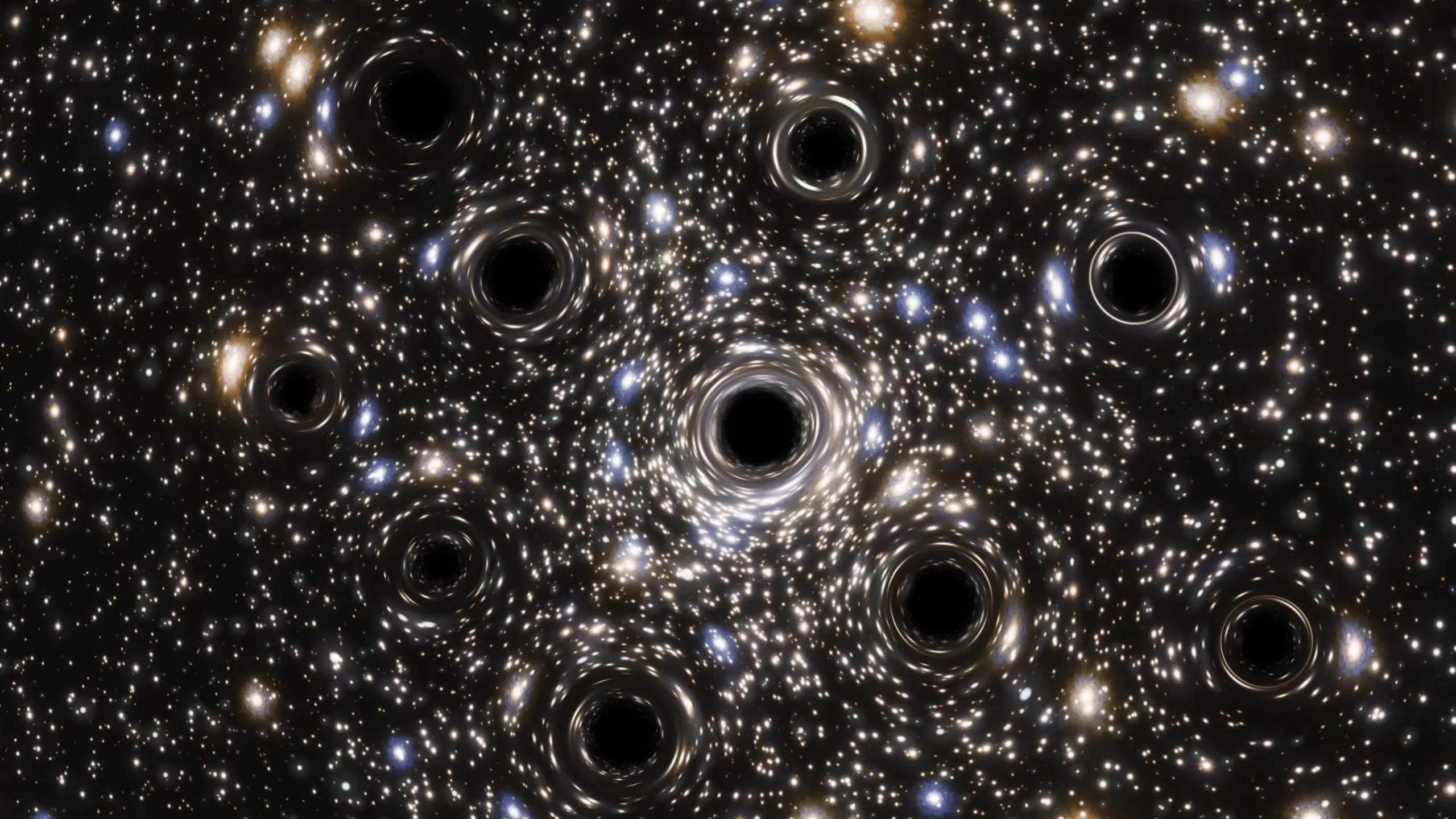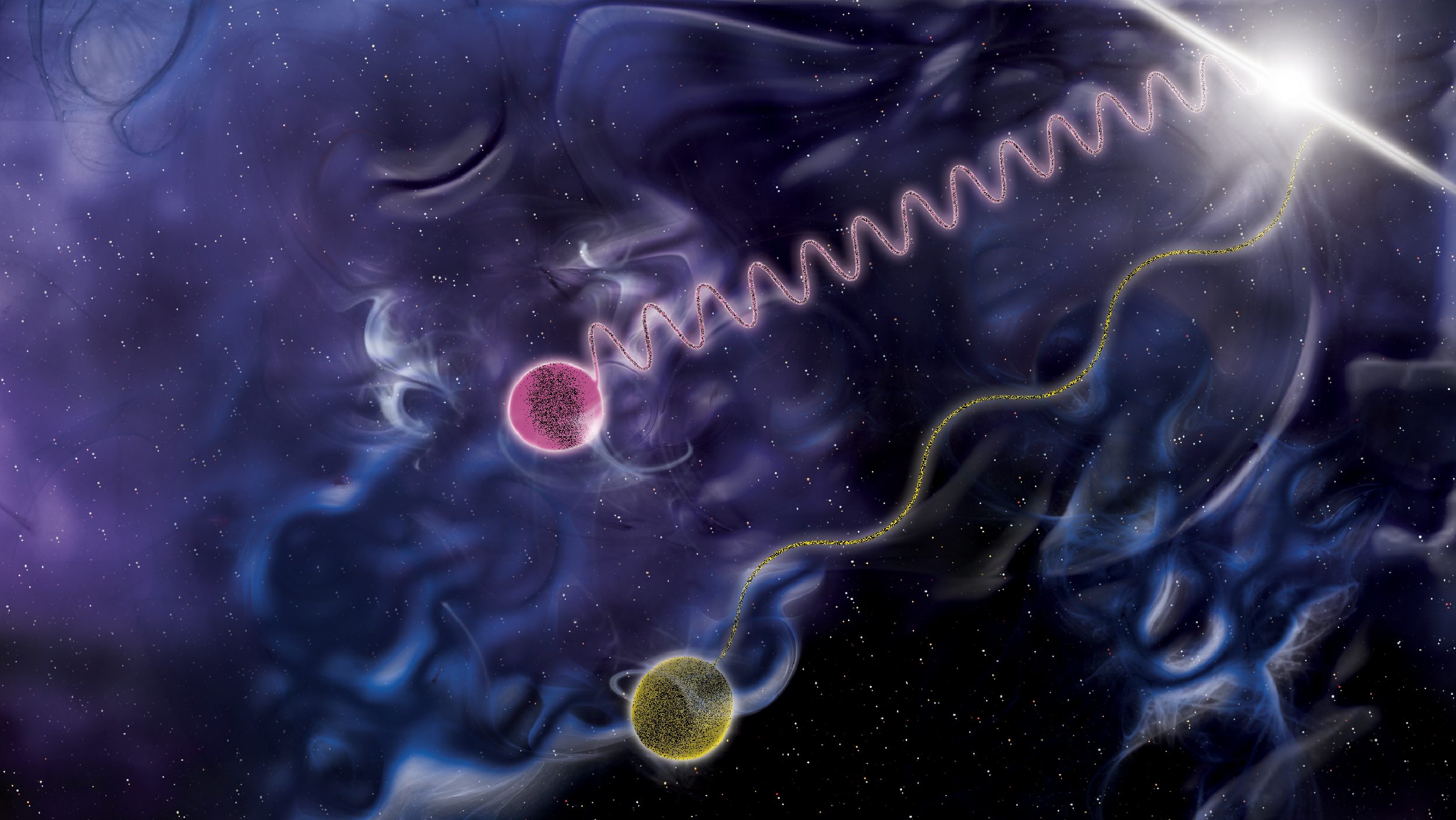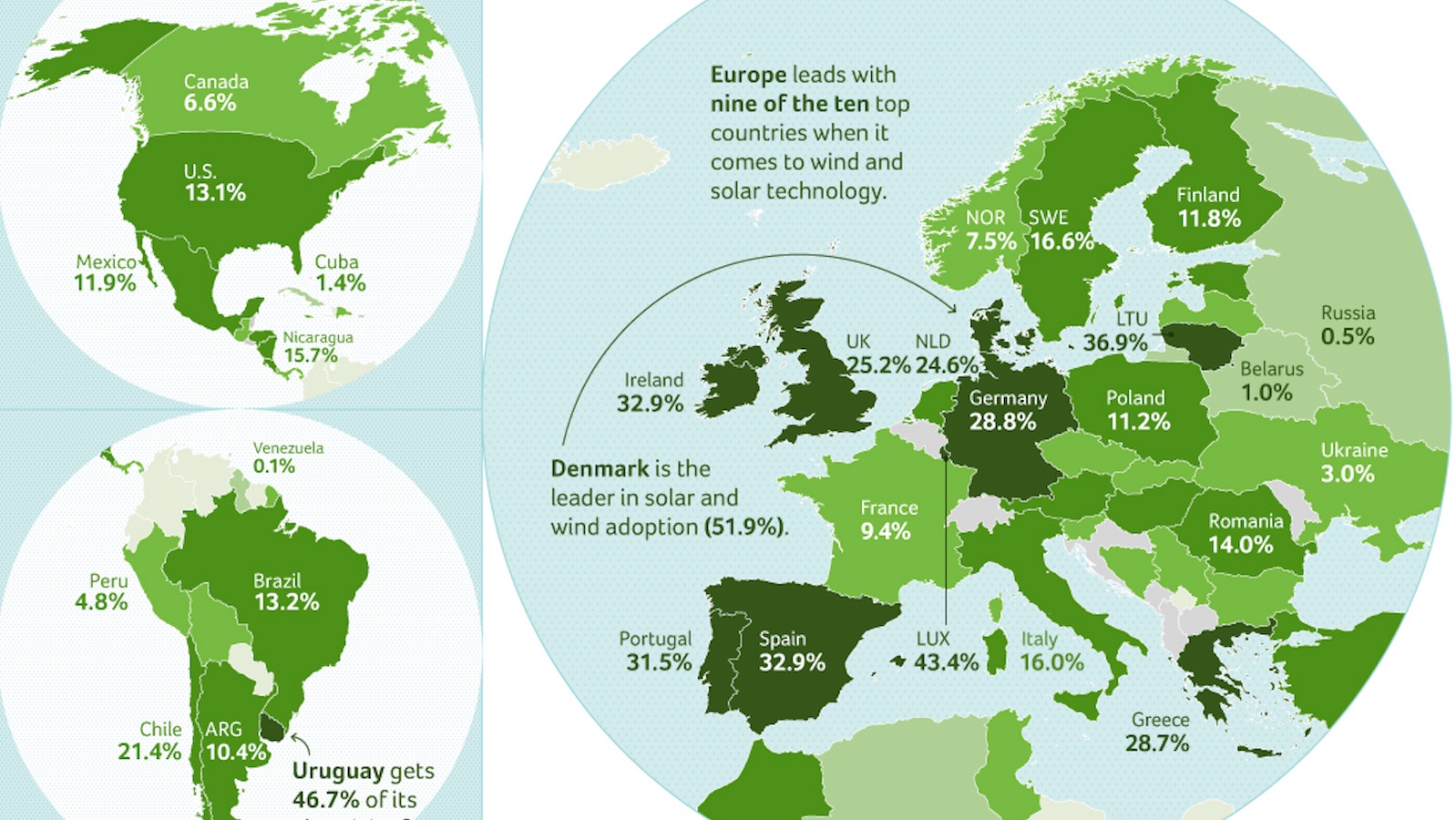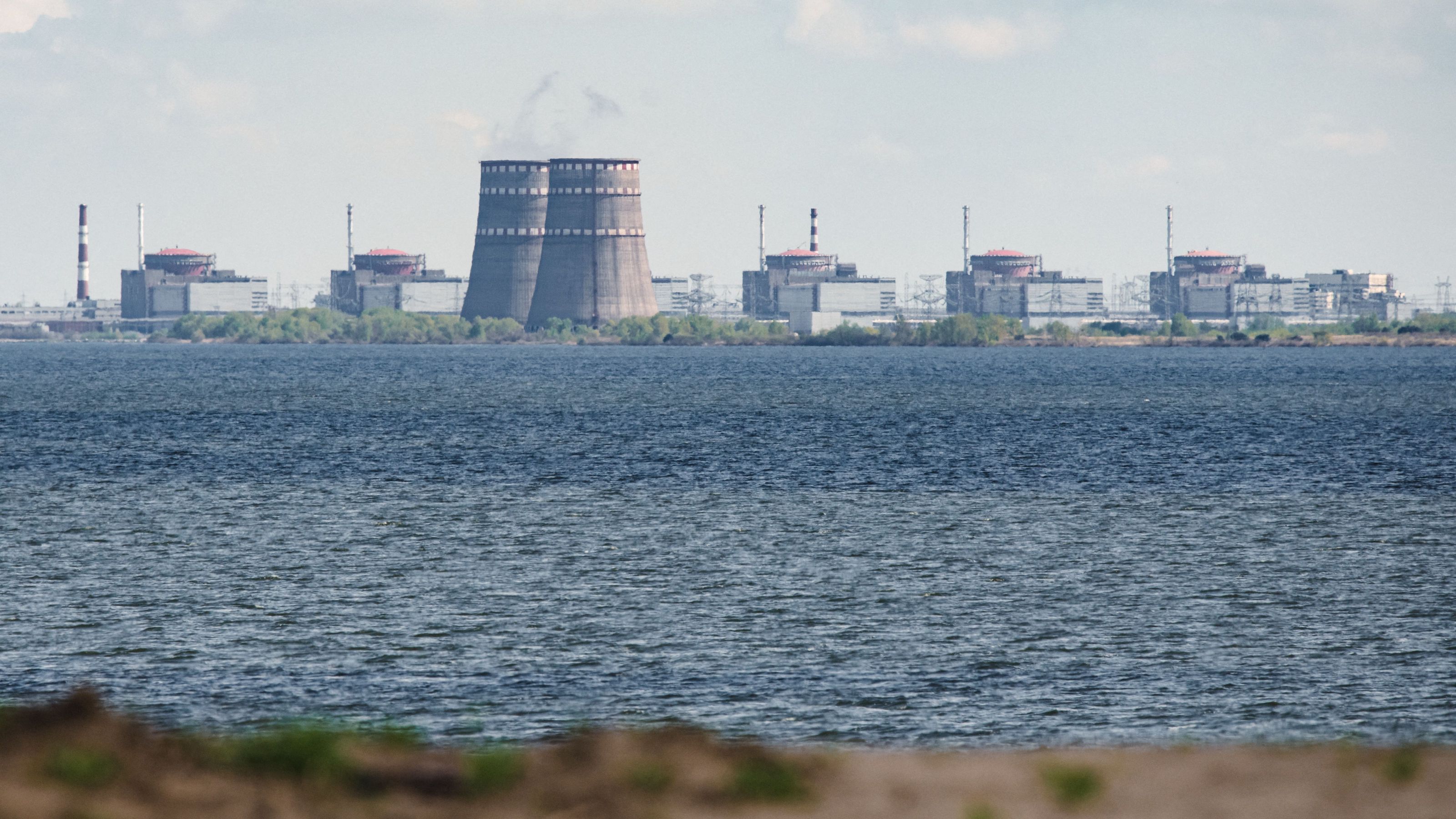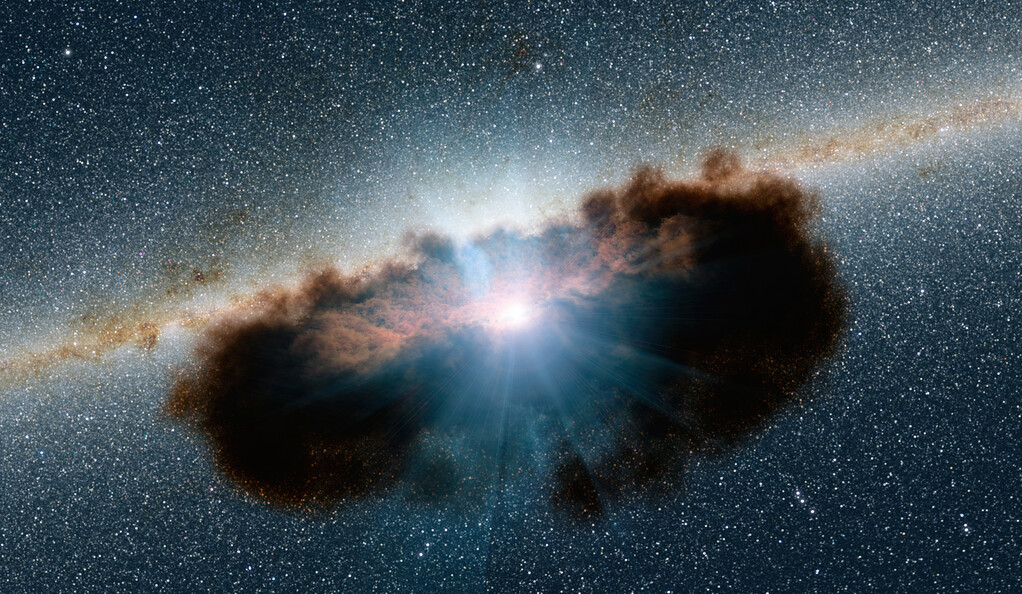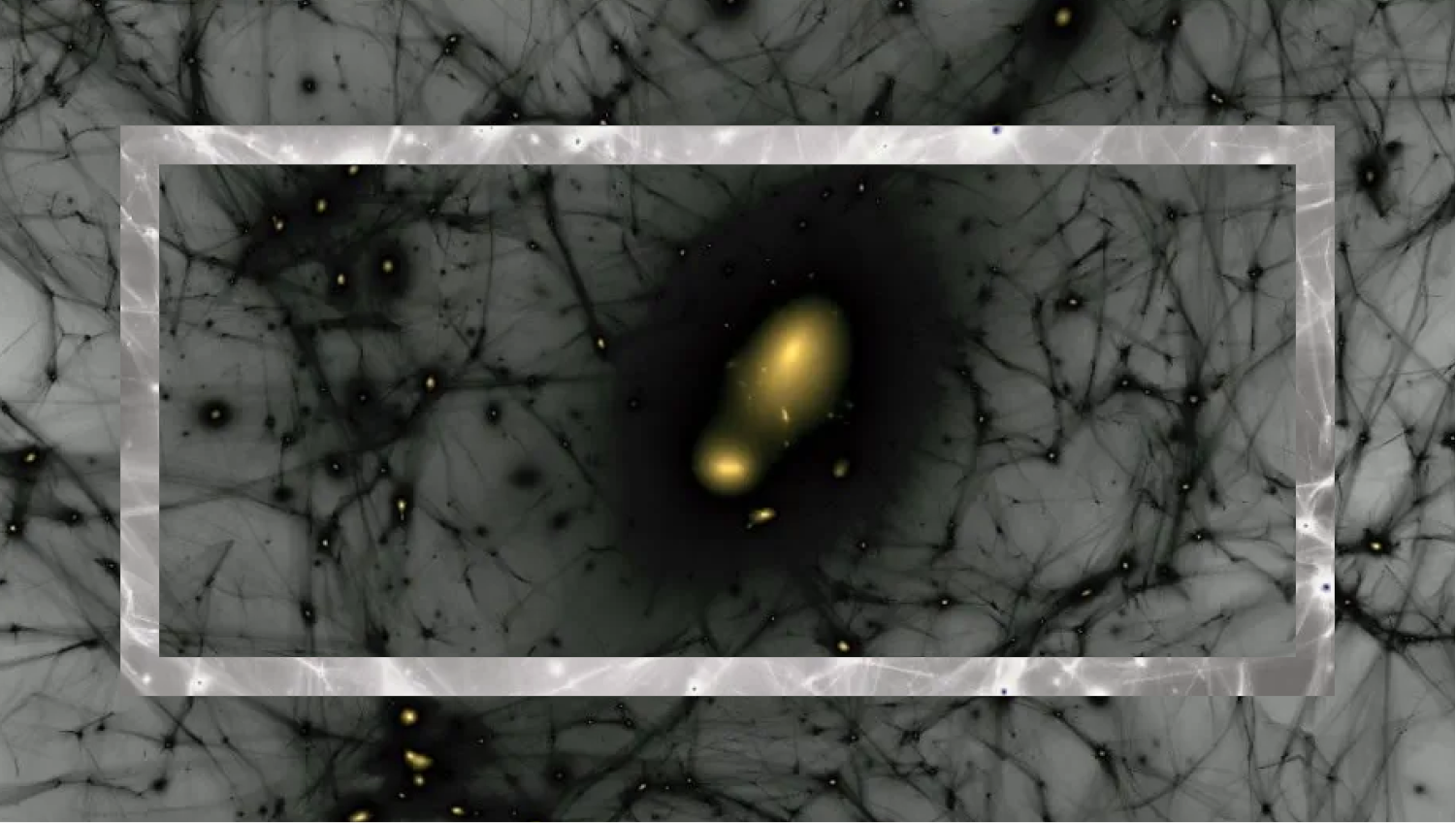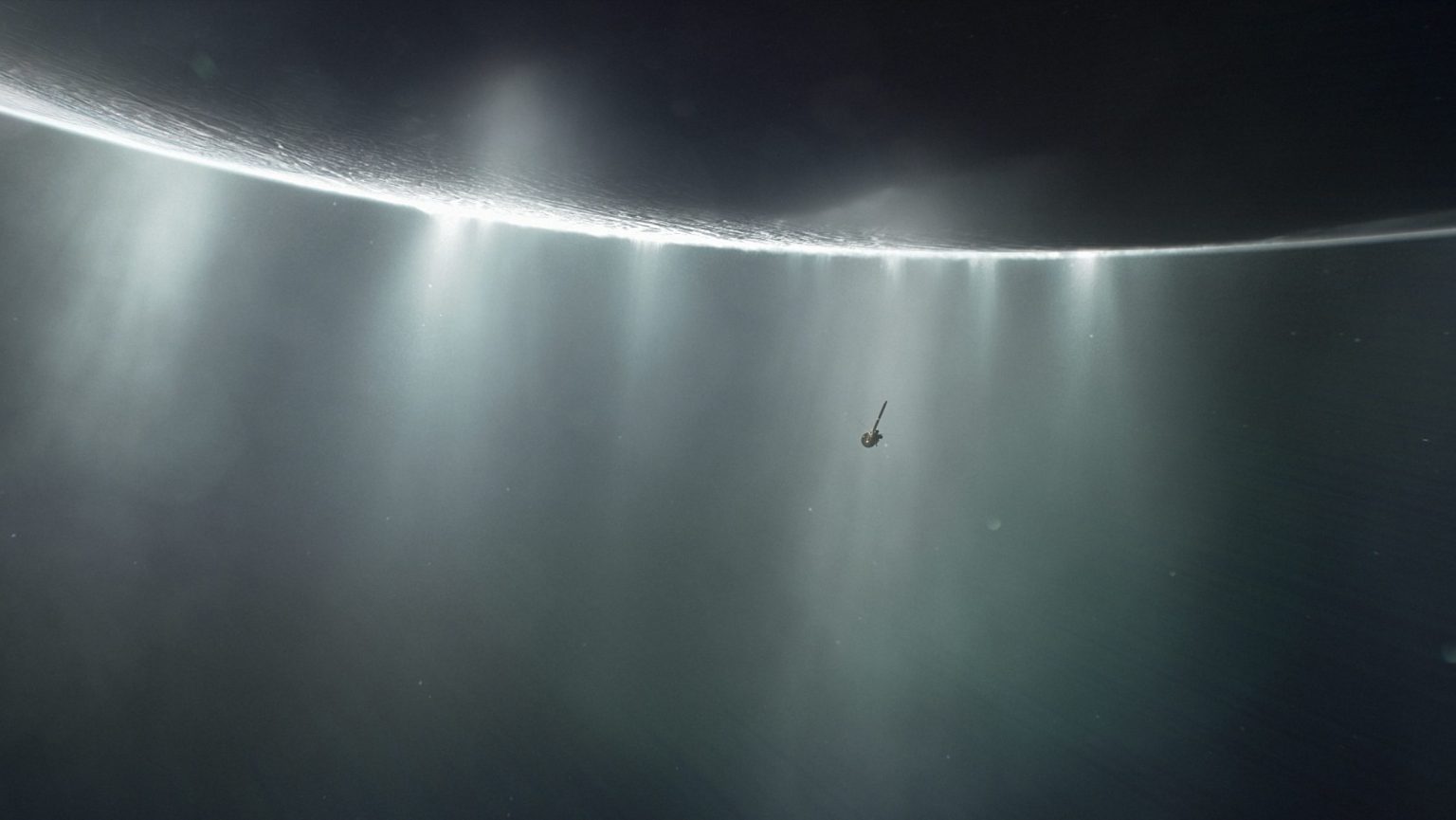Our cosmic home, planet Earth, has been through a lot over the past 4.5 billion years. Here are some of its most spectacular changes
Search Results
You searched for: energy
Our greatest tool for exploring the world inside atoms and molecules, and specifically electron transitions, just won 2023’s Nobel Prize.
Empty space itself, the quantum vacuum, could be in either a true, stable state or a false, unstable state. Our fate depends on the answer.
Most electric car charging is done at night. A grid powered mostly by renewable energy might not be able to meet demand, but there is a solution.
No matter how you define the end, including the demise of humanity, all life, or even the planet itself, our ultimate destruction awaits.
A cute mathematical trick can “rescale” the Universe so that it isn’t actually expanding. But can that “trick” survive all our cosmic tests?
Stars orbiting black holes were observed to move significantly slower than expected. One explanation centers on dark matter.
Freethink’s weekly countdown of the biggest space news, featuring Starship’s second test flight, a new “dark mysteries” telescope, and more.
A part of human nature needs to be challenged and feel strong. Today, we fulfill that need with “surrogate activities.”
Many contrarians dispute that cosmic inflation occurred. The evidence says otherwise.
From surviving on wild plants and game to controlling our world with technology, humanity’s journey of progress is a story of expanding human agency.
The DUNE project will beam tiny neutrinos across vast distances. But the first step involved moving a heavier material: 1 million tons of rock.
If there’s life lurking on the moons of Saturn and Jupiter, could our instruments even detect it?
Gamma-ray bursts are so powerful they could vaporize the Earth from 200 light-years away. Recreating them in the lab is not easy.
Photons come in every wavelength you can imagine. But one particular quantum transition makes light at precisely 21 cm, and it’s magical.
All the things that surround and compose us didn’t always exist. But describing their origin depends on what ‘nothing’ means.
For the first time, astronomers have created a data-driven estimate for how many black holes are in our Universe: more than anyone expected.
With the right material at the right temperature and a magnetic track, physics really does allow perpetual motion without energy loss.
Contrary to common experience, not everything needs a medium to travel through. Overcoming that assumption removes the need for an aether.
Best in class: Denmark and Uruguay. Worst in class: Papua New Guinea, Venezuela, and Russia.
The war in Ukraine is unlikely to trigger a catastrophic nuclear meltdown. Physics and smart engineering are the reasons why.
Physicists just can’t leave an incomplete theory alone; they try to repair it. When nature is kind, it can lead to a major breakthrough.
IceCube just found an active galaxy in the nearby Universe, 47 million light-years away, through its neutrino emissions: a cosmic first.
Morning, afternoon, or night: When is the best time to exercise? Scientists have extensively studied this question. Here’s what they found.
Like Dua Lipa, he had to create new rules.
On the largest cosmic scales, galaxies line up along filaments, with great clusters forming at their intersection. Here’s how it took shape.
Capturing energy from clubbers could help power homes and buildings.
The new material may make marine uranium extraction economically feasible.
A team of scientists hopes deep-earth lithium could sustain America’s vast demand for batteries. But extracting it won’t be easy.
This research team is working out how to detect extraterrestrial cells in the liquid water ocean hidden beneath Enceladus’s icy crust.
